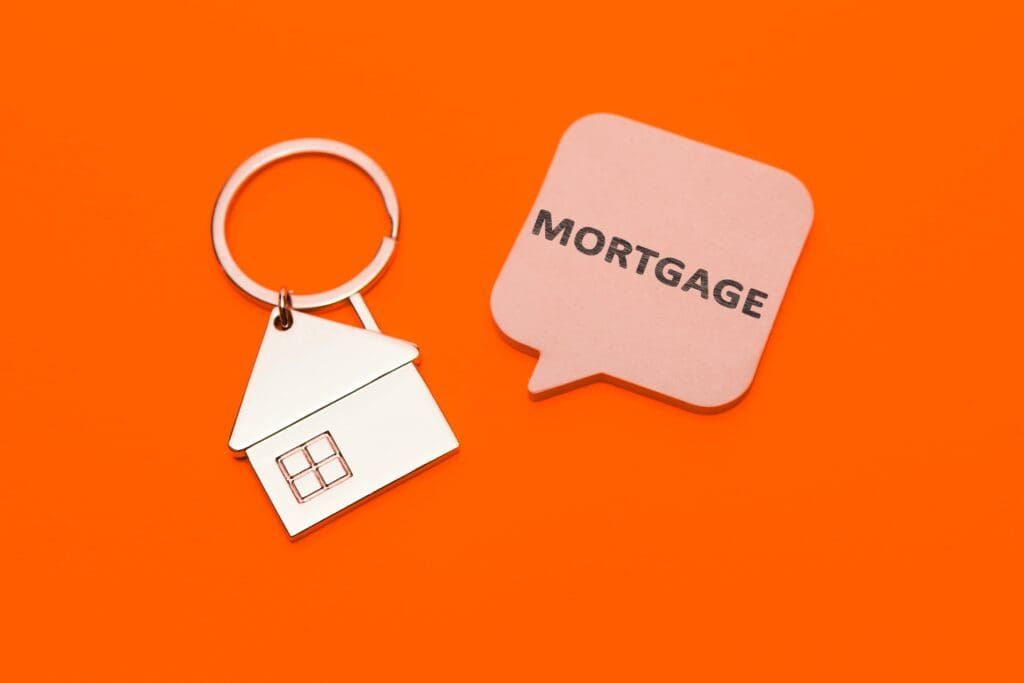Are you in the market for a new home and considering your mortgage options? One choice you’ll likely encounter is whether to opt for an Adjustable Rate Mortgage (ARM) or a Fixed Rate Mortgage. While fixed-rate mortgages offer the stability of constant interest rates over the life of the loan, adjustable rate mortgages can be an attractive alternative in certain situations.
Benefits of an Adjustable Rate Mortgage (ARM):

- Initial Lower Rates: ARMs typically start with lower interest rates compared to fixed-rate mortgages. This can result in lower initial monthly payments, freeing up funds for other expenses.
- Potential for Lower Overall Costs: If you plan to move or refinance before the adjustable period begins, you might pay less in interest over the life of the loan compared to a fixed-rate mortgage.
- Financial Flexibility: ARMs can be advantageous for borrowers who anticipate an increase in income in the future. This flexibility can help you manage higher payments later on.
Risks to Consider:
- Interest Rate Fluctuations: One of the main risks with ARMs is that the interest rates can change after the initial fixed period, potentially leading to higher monthly payments.
- Uncertain Future Payments: As interest rates adjust, your monthly payments could become unpredictable, making it harder to budget.
- Market Conditions: Economic factors can impact interest rates, causing your payments to rise unexpectedly. With fluctuating interest rates due to inflation, this can lead to a significant increase.
When is an Adjustable Rate Mortgage a Good Idea?

- Short-Term Ownership: If you’re planning to sell or refinance within a few years, the lower initial rates of an ARM could work in your favor.
- Anticipated Income Growth: If you expect your income to rise and can handle potential payment increases, an ARM might be suitable.
- Risk Management: Consider an ARM if you’re comfortable with some level of risk and have a strategy for dealing with rate adjustments.
Choosing between an adjustable rate mortgage and a fixed rate mortgage depends on your financial goals, risk tolerance, and long-term plans. If you’re comfortable with the possibility of interest rate fluctuations and value the initial savings, an ARM could be a good fit. However, if stability and predictability are your priorities, a fixed-rate mortgage might be the better choice. Evaluate your circumstances, consult with a financial advisor, and make an informed decision that aligns with your homeownership objectives.
#MortgageAdvice #HomeFinancing #ARMvsFixed #MortgageRates